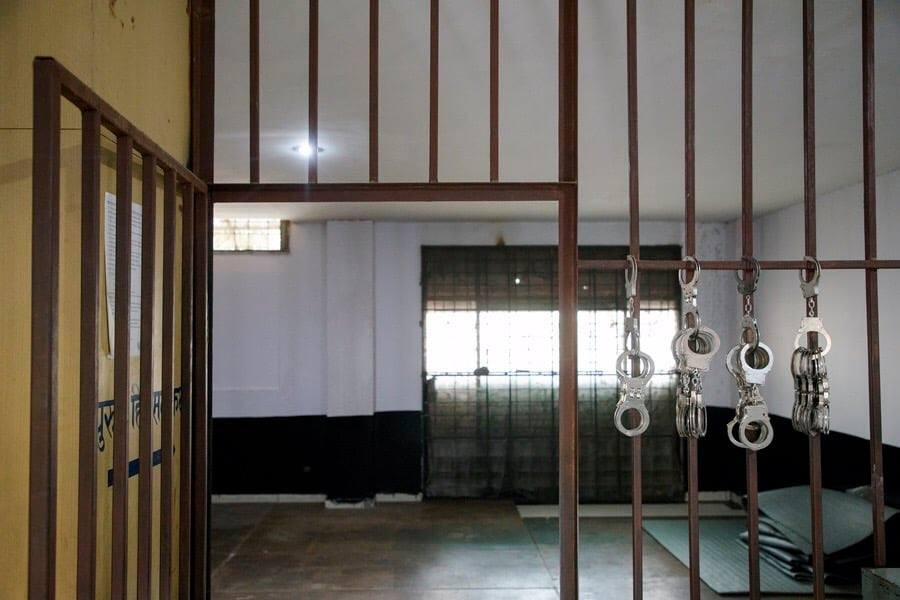National
Nepal among countries that failed to provide fair treatment to prisoners during pandemic, Amnesty International says
In its new report, the rights body has pointed out how a long-standing situation of overcrowding continued as Covid-19 spread in prisons in Nepal despite court interventions.
Post Report
The Nepal government failed to abide by the Supreme Court’s directives to release the older prisoners in the overcrowded prisons in countries prone to Covid-19 infection, according to Amnesty International.
Publishing its global report, “Forgotten Behind Bars: Covid-19 and Prisons” on Thursday, Amnesty International said prisoners around the world have been forgotten during the pandemic, as prisons have faced systemic challenges to prevent the spread of the virus, with control measures leading to serious human rights violations.
In Nepal, despite court interventions, a long-standing situation of overcrowding continued as Covid-19 spread in prisons, according to the report.
The Supreme Court order issued on August 3, 2020, said that it was necessary to address the problem of prison overcrowding and management of prisons and to look for alternative ways of penalising like probation and parole.
The court ordered the Department of Prison Management to prepare a list of older prisoners who could have their sentence reduced as per Section 12 of the Senior Citizen Act 2006 and instructed the Ministry of Home Affairs to make a prompt decision to release older prisoners based on the list. However, no older inmates were released as of the end of February 2021, according to the report.
“Many countries with dangerously high levels of prison overcrowding, such as Bulgaria, Egypt, the Democratic Republic of the Congo and Nepal, have failed to address concerns over Covid-19 outbreaks,” Netsanet Belay, Amnesty International’s Research and Advocacy Director, is quoted in an Amnesty International’s press statement issued with the release of the report.
Through the report, the international human rights organisation has called on the states across the globe not to discriminate against those held in detention when developing vaccination policies and plans. It has also urged them to make every effort to prioritise prisoners in their national vaccination plans, particularly given that their confined conditions do not allow them to physically distance.




 9.7°C Kathmandu
9.7°C Kathmandu













